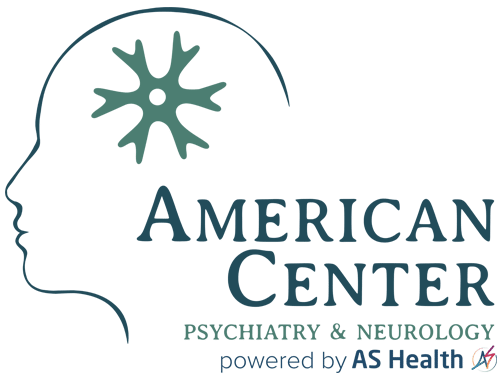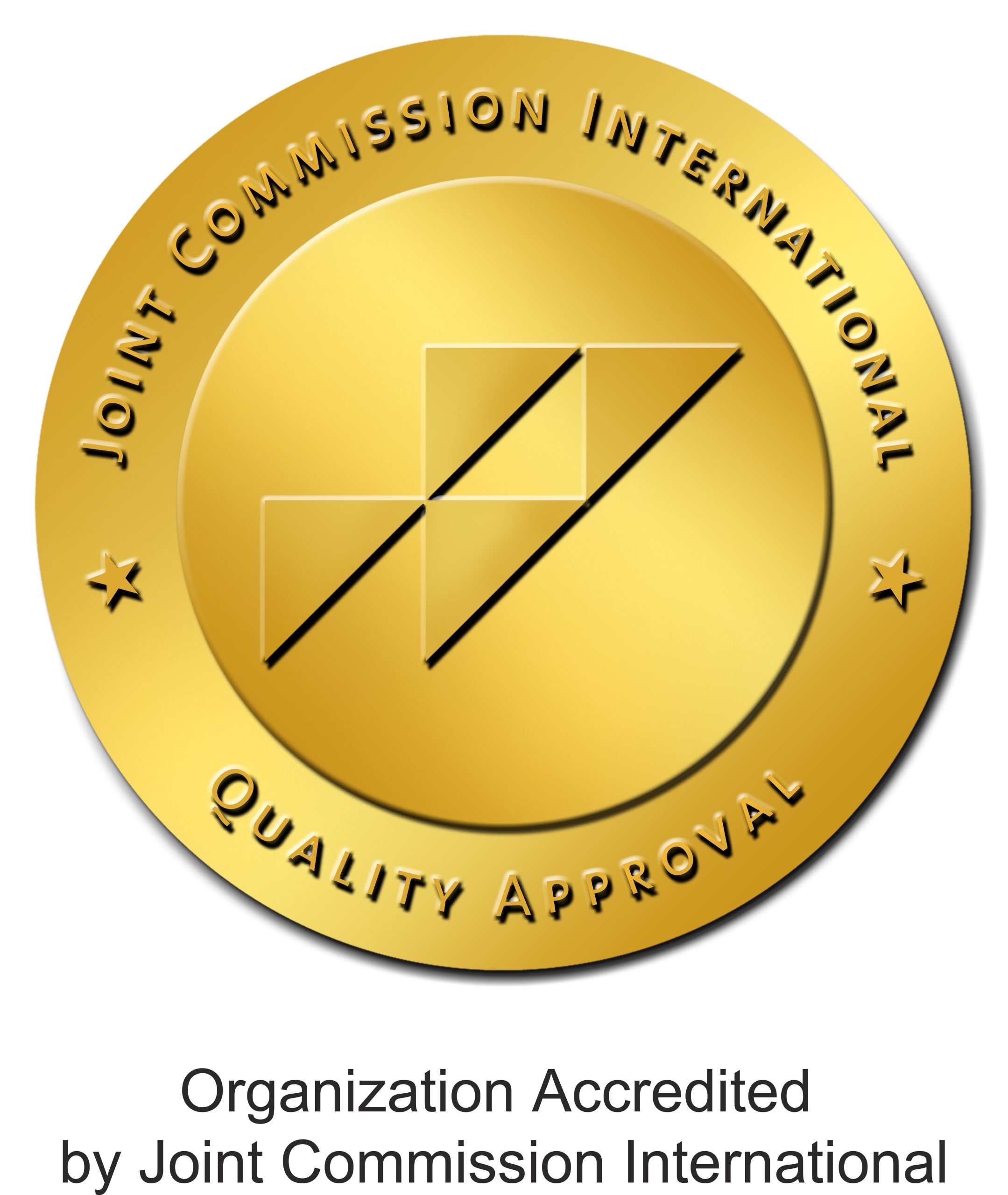The term “mental retardation” is often misunderstood and seen as derogatory. Some think that retardation is diagnosed only on the basis of below-normal intelligence (IQ), and that persons with mental retardation are unable to learn or to care for themselves. Actually, in order to be diagnosed as a person with mental retardation, the person has to have both significantly low IQ and considerable problems in everyday functioning. Most children with mental retardation can learn a great deal, and as adults can lead at least partially independent lives. Most individuals with mental retardation have only the mild level of mental retardation. Mental retardation may be complicated by several different physical and emotional problems. The child may also have difficulty with hearing, sight, or speech.
In the past, parents were often advised to institutionalize a child with significant mental retardation. Today, the goal is to help the child with mental retardation stay in the family and take part in community life. In most states, the law guarantees them educational and other services at public expense.
It is very important that the child has a comprehensive evaluation to find out about his or her strengths and needs. Since no specialist has all the necessary skills, many professionals might be involved. General medical tests as well as tests in areas such as neurology (the nervous system), psychology, psychiatry, special education, hearing, speech and vision, and physical therapy are useful. A pediatrician or a child and adolescent psychiatrist often coordinates these tests.
These physicians refer the child for the necessary tests and consultations, put together the results, and jointly with the family and the school develop a comprehensive treatment and education plan.
Emotional and behavioral disorders may be associated with mental retardation, and they may interfere with the child’s progress. Most children with mental retardation recognize that they are behind others of their own age. Some may become frustrated, withdrawn or anxious, or act “bad” to get the attention of other youngsters and adults. Adolescents and young adults with mental retardation may become depressed. These persons might not have enough language skills to talk about their feelings, and their depression may be shown by new problems, for instance in their behavior, eating and sleeping.
Early diagnosis of psychiatric disorders in children with mental retardation leads to early treatment. Medications can be helpful as one part of overall treatment and management of children with mental retardation.
Periodic consultation with a child and adolescent psychiatrist may help the family in setting appropriate expectations, limits, opportunities to succeed, and other measures which will help their child with mental retardation handle the stresses of growing up.
Source: https://www.aacap.org


